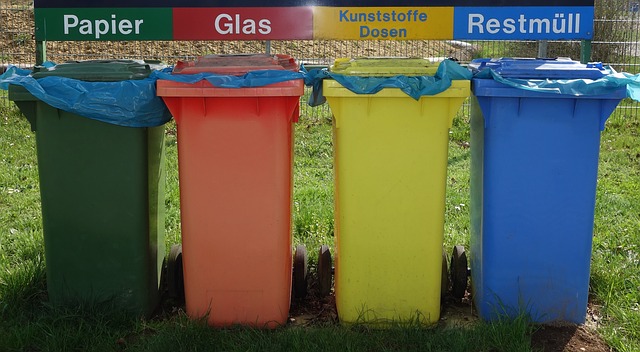The government’s decision to cancel the planned high-speed railway line, HS2, between Birmingham and Manchester has been met with concerns regarding reduced capacity on passenger trains and potential negative effects on economic growth, according to a report from the National Audit Office.
The controversial announcement was made by Rishi Sunak at the Conservative Party Conference in Manchester last October, where he described the project as part of a “false consensus”. Since then, plans for HS2 trains to shift from high-speed track to the existing line north of Birmingham have been put in place, but the NAO has found that this will result in a reduction of up to 17% in capacity on the west coast line.
The report highlights that in order to manage demand, the Department for Transport may need to discourage passengers from using the train, potentially through increased prices. This goes against the original purpose of building new rail capacity and could lead to long-term constraints on economic growth in the region and higher environmental costs. The NAO suggests that ministers could instead consider incentivizing alternative forms of travel or travel at different times.
Additionally, the report reveals that adding capacity through longer trains will require new infrastructure, such as new lines and longer platforms at stations like Crewe. The NAO notes that this would be a costly and disruptive endeavor on a busy route.
The report also estimates that cancelling the northern leg of the HS2 line could result in up to £100m in remediation costs, and the government has already spent £592m on land acquisition and purchasing around 1,000 properties on the affected route, which will take years to divest. It was recently revealed by Sky News that over £232m has been paid out in compensation to individuals and businesses affected by the project, accounting for over 40% of the total payments made so far.
Furthermore, the NAO report highlights that the new Curzon Street station in Birmingham will have four redundant platforms, as only three of the originally planned seven will now be used. HS2 has stated that configuring the design and construction to accommodate this change will be more expensive than sticking to the original plan.
The future of the southern end of the HS2 line is also uncertain, with plans for the Euston Station terminus still lacking “scope, funding, or governance”. For now, HS2 will terminate at a new station at Old Oak Common in northwest London, unless and until plans to expand Euston can be agreed upon. The former government intended for a private sector development company to fund the work, but no date has been set for trains to run to central London.
Transport Secretary Louise Haigh stated that the government is reviewing the report’s findings and will make decisions regarding HS2 and wider transport infrastructure in due course. The Northern Powerhouse Partnership, which has criticized the decision to cancel both northern legs of HS2, expressed concerns that Mr. Sunak’s plan lacks funding for necessary upgrades to the existing west coast line or for east-west services.
Henri Murison, chief executive of the Northern Powerhouse Partnership, expressed confidence that the new Transport Secretary understands the previous administration’s mistakes in making unfunded commitments to the North. He expressed hope that she will rectify these issues, as recognized by former mayor Andy Street and his colleague Andy Burnham when they asked the private sector to review the matter last year.
In response to the NAO report, a spokesperson for HS2 Ltd stated that the cancellation of phase 2 has increased cost challenges and that the organization is implementing sweeping reforms to better control costs and continue the project. A spokesperson for the Conservative Party stated that the new government will decide which options to take forward, as outlined in the report. They also expressed concern over Labour’s failure to commit to £30bn in necessary transport investment for the North and Midlands, which was not included in their manifesto.







